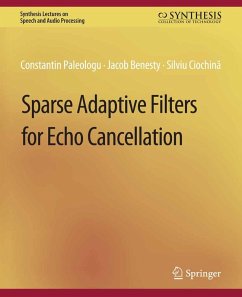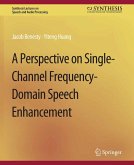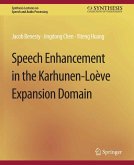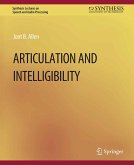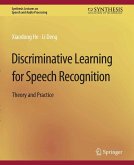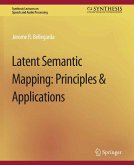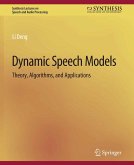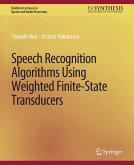Constantin Paleologu was born in Romania in 1975. In 1998 he received the M.S. degree in telecommunications networks from the Faculty of Electronics, Telecommunications, and Information Technology, University Politehnica of Bucharest, Romania. He also received a masters degree in digital signal processing in 1999, and a Ph.D. degree (MAGNA CUM LAUDE) in adaptive signal processing in 2003, both from the same institution. As a Ph.D. student (from December 1999 to July 2003), he worked on adaptive filters and echo cancellation. Since October 1998 he has been with the Telecommunications Department, University Politehnica of Bucharest where he is currently an Associate Professor. His research interests include adaptive signal processing, speech enhancement, and multimedia communications. He received the ""IN HOC SIGNO VINCES"" award from the Romanian National Research Council in 2009. He was the co-chair of the 2008 International Conference on Computing in the Global Information Technology (ICCGI). He is a member of the Steering Committee of the 2010 International Conference on Digital Telecommunications (ICDT). He serves as the Editor-in-Chief of the International Journal on Advances in Systems and Measurements. He is a Fellow of the International Academy, Research, and Industry Association (IARIA) since 2008.
Jacob Benesty was born in 1963. He received the Masters degree in microwaves from Pierre & Marie Curie University, France, in 1987, and the Ph.D. degree in control and signal processing from Orsay University, France, in April 1991. During his Ph.D. program (from November 1989 to April 1991), he worked on adaptive filters and fast algorithms at the Centre National d'Etudes des Telecommunications (CNET), Paris, France. From January 1994 to July 1995, he worked at Telecom Paris University on multichannel adaptive filters and acoustic echo cancellation. From October 1995 to May 2003, he was first a Consultant and then a Member of the Technical Staff at Bell Laboratories, Murray Hill, NJ, USA. In May 2003, he joined INRS-EMT, University of Quebec, in Montreal, Quebec, Canada, as a Professor. His research interests are in signal processing, acoustic signal processing,and multimedia communications.Dr.Benesty received the 2001 and 2008 Best Paper Awards from the IEEE Signal Processing Society. He was a member of the editorial board of the EURASIP Journal on Applied Signal Processing, a member of the IEEE Audio & Electroacoustics Technical Committee, the co-chair of the 1999 International Workshop on Acoustic Echo and Noise Control (IWAENC), and the general co-chair of the 2009 IEEE Workshop on Applications of Signal Processing to Audio and Acoustics (WASPAA). Dr. Benesty co-authored and co-edited many books in the area of acoustic signal processing.
Silviu Ciochina received the M.S. degree in electronics and telecommunications in 1971 and the Ph.D. degree in communications in 1978, both from the University Politehnica of Bucharest, Romania. From 1971 to 1979, he was an Assistant Professor, and from 1979 to 1995 a Lecturer at the University Politehnica of Bucharest, Faculty of Electronics, Telecommunications, and Information Technology. Since 1995, he has been a Professor at the same faculty. Since 2004, he has been the Head of the Telecommunications Department. His main research interests are in the areas of signal processing and wireless communications, including adaptive algorithms, spectrum estimation, fast algorithms, channel estimation, multi-antenna systems, and broadband wireless technologies. He received the ""Traian Vuia"" award in 1981 and the ""Gheorghe Cartianu"" award in 1997, both from the Romanian Academy.

